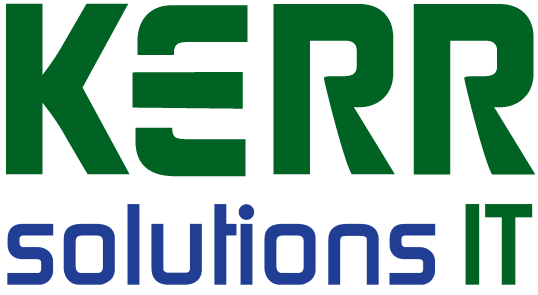Compute the Range of Devices
Part 1 of 10 – Computer Ownership
This article is the first of our 10 part mini-series of self-help articles covering all facets of computer ownership. As the first it will focus on what sort of computer would best suit your requirements given that there has never been such a range of choices in the personal computer sector as there is at present. Firstly we should look at the differences between some of these devices and in this case we shall start with the physically smallest and work upwards.
Our traditional mobile phone has rapidly evolved in the last few years to become a device which is not only able to make calls and send text messages but they are now mostly all capable of browsing the Internet and sending / receiving emails. They principally use their own phone plan for the calls and texts however they can often allow you to choose which network you want to use for browsing or emailing. This means that if you are in range of a Wi-Fi network – which you may have at home or often can find at motels and coffee shops then these activities incur no extra costs.
Next step up in size is the range of tablets such as Apple’s iPad and Samsung’s Galaxy Notes which sport screens ranging around 7 to 10 inches across the diagonal. Very few of these devices can make a normal phone call however due to the ‘larger than phone sized’ screens they are reasonable devices to browse the Internet on while still remaining very light and portable. Many also use these devices as an ‘eBook’ for reading novels. With weights around 1kg, Tablets traditionally use a touch screen to simulate a normal keyboard although some tablets also offer a keyboard with discrete push keys.
Netbooks come in similar sizes to the tablets however are usually a little heavier since they always incorporate a folding keyboard (similar to a traditional laptop) as well as a more comprehensive operating system – such as the latest Microsoft Windows version. The netbook is essentially a cut down version of a laptop in terms of CPU power & ram and as such can lack the power to run these Windows versions efficiently. Netbooks do however offer the more traditional discrete push keys to help facilitate rapid typing – for those mobile speed typists out there!
The notebook PC has become the more modern term for traditional full sized laptops and modern offerings have incredible power and capacity. In fact a standard laptop today would put the most powerful desktops from just 5 years ago to shame. This performance comes at the price of greater expense and weight compared to the smaller devices already mentioned. If you are a traveling business person and need fast typing, a normal Windows operating system and plenty of power then the notebook is really still your only alternative. Normal screen sizes range from 13 to 17 inches and an average weight would be 2.5kg.
All in one PC’s or AIO as they are often called are simply a merger between the notebook and the traditional desktop PC families. They are not a portable device however they offer a large screen fixed in front of more traditional desktop PC hardware and do help remove some of the clutter of the normal desktop PC cords. Although more ascetically pleasing they are not easily upgradeable and when you find them too slow you are also paying for a new screen at upgrade time.
Traditional desktop PC’s have the computer box or ‘tower’ separate to the screen and offer the most in terms of performance, upgradeability and configurability. They also allow for multiple internal hard drives, special video cards for those wanting to play realistic and fast moving computer games and all the power you can ever need for operations such as photo manipulation and database use. Businesses with ‘in house’ employees still need the power and speed of a traditional desktop PC.
There is also no better way to browse the Internet for your favourite hobby than on a large screen desktop PC. We are certainly seeing a trend to people using a smart phone which they take everywhere and still having the traditional desktop at home. Next week’s topic – what software do I need?
Future Byte Me topics can be emailed to [email protected] and Bruce is contactable at Kerr Solutions, 205 Musgrave Street or on 49 222 400.
For more advice and assistance from Kerr Solutions, like and follow us on Facebook

